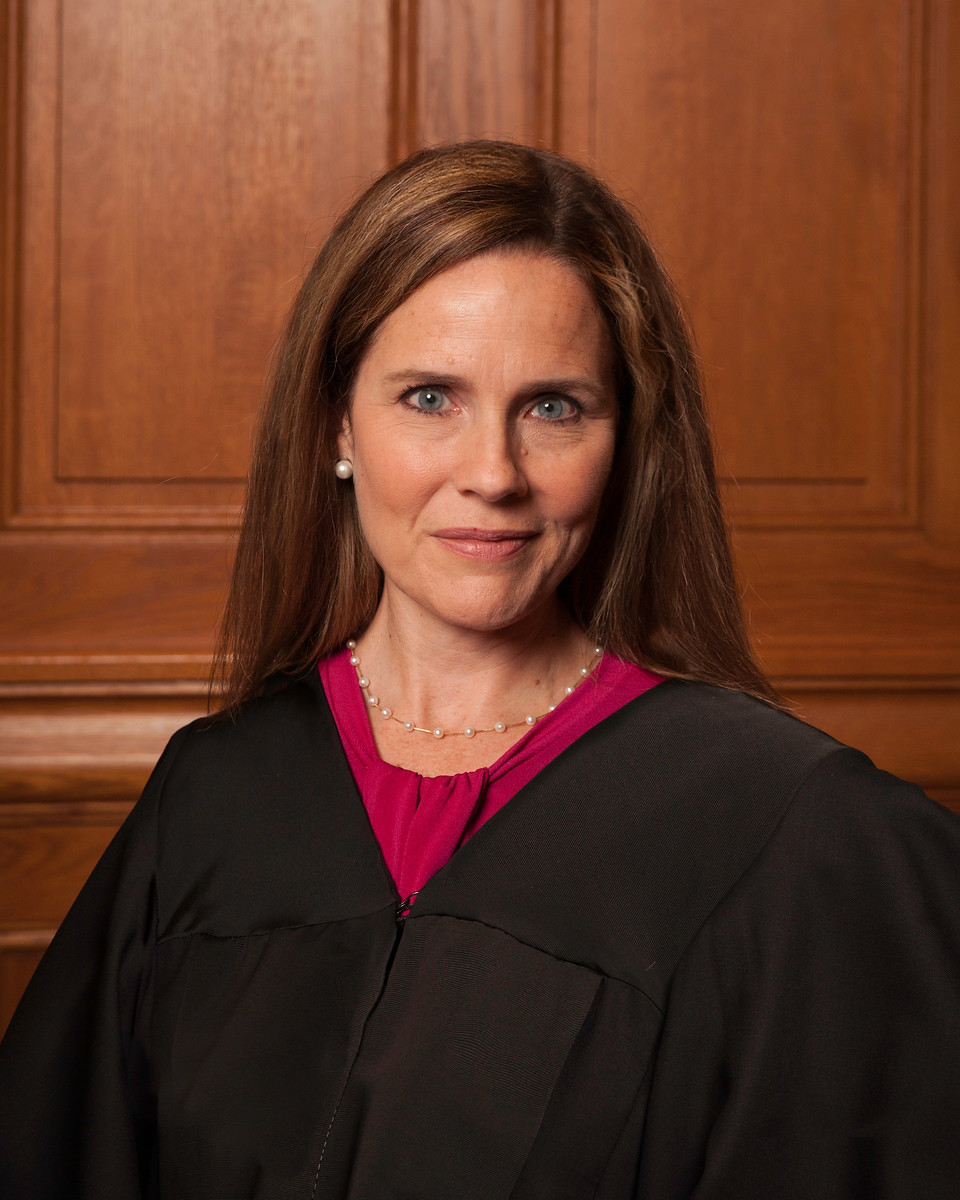
Amy Coney Barrett and the Women Who Uphold the Patriarchy
Despite her evasiveness on certain questions, we know much from her past writings, speeches, and allegiances: she seems to accept the idea that male religious leaders, judges, and husbands have the right and perhaps the obligation to control women’s reproductive rights and sexuality, that gay and single parents are doing something unacceptable, and that we as women are meant to be mothers above all else.
Her Republican supporters don’t even bother to hide such opinions. Listening to Ted Cruz ask her about her children’s piano lessons – even after she spent more time describing her children’s personalities than any of the cases she actually tried – made my insides churn. It certainly reinforces the impression that this is a woman who, despite her own myriad accomplishments, may in fact be a vehicle for sending women backwards.
But she is hardly alone. We don’t need to go all the way back to Phyllis Schlafly to find examples of WPPs – that is, Women who Protect the Patriarchy. They are related to another phenomenon, which Andi Zeisler recently reminded us of: Ariel Levy, in Female Chauvinist Pics, called them Loophole women: “They are the exception that proves the rule–and the rule is that women are inferior.”
I’m not just talking about the women on the public stage like Sarah Huckabee Sanders, Kimberly Guilfoyle, or KellyAnne Conway, women who have dedicated their political lives to being the mouthpieces for patriarchal power. Clearly their careers have benefited from getting ample screen time as the faces defending misogyny. These women, like, for example, the women anchors on Fox News, are reaping significant financial rewards for these roles. They might not even believe the ideas that they represent. The female faces of the GOP are grating and irritating, but we may not expect any kind of moral consistency from politicians.
Yet in Jewish life, we have plenty of examples of this paradox as well. Many religious women have advanced educations and strong career ambitions, while at home settling into gendered habits in both religion and family management.
In some communities of Orthodox Judaism, a woman may be the head of the brain surgery department at a hospital but accept the reality in which she doesn’t count in a minyan and her voice can never be heard in public. An Orthodox woman may even be a brilliant musician while accepting the reality that she cannot sing in front of men. A religious woman may be an outstanding athlete, but God forbid she will ever run in anything other than long sleeves and a skirt. I mean, even in circles of learned women like yoatzot halakha, women halakhic advisers, you will often hear the women heads insist that they are not challenging male halakhic authority or making actual rulings but merely communicating, acting as vehicles for men, the only genuine voices of Jewish authority.
Women on the frontlines of change in their personal lives are sometimes the most ardent proponents of maintaining the gender hierarchy for the community. The paradoxical dissonance that Coney Barrett seems to embody – powerful personal ambition alongside a faint settling into assigned gender roles – is a far more common stance than we may even realize.
I should know. I lived that paradoxical persona. For a long time. And what I saw is that for many women, gender equality isn’t really what drives us. People who experience the religious, or patriarchal lifestyle as a source of love and purpose and satisfaction – they are people for whom the system works. Patriarchy and all.
I think I left because that system did not work for me. I never derived what I needed by being religious, or subservient, no matter how hard I tried. Had I not been so abused, so alienated by my religious community so that I needed to eventually leave and find my own path, I might have ended up just like Amy Coney Barrett in a way: not just defending a lifestyle that worked for me, but believing in it as the answer for everyone.
And that is where these kinds of women get dangerous–when they don’t just follow patriarchal rules, but vigorously uphold them: in their houses, communities, schools–or chillingly, on the highest court of the land.



